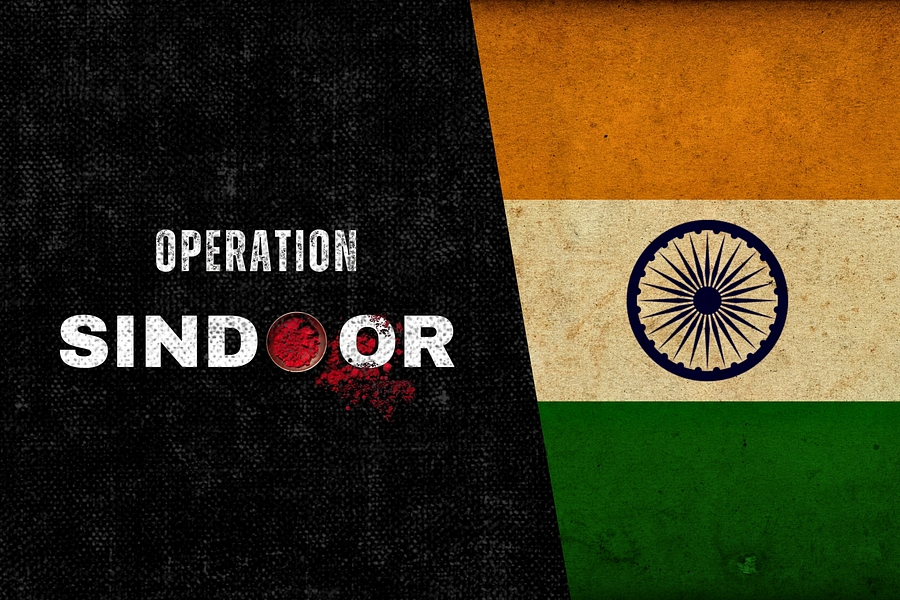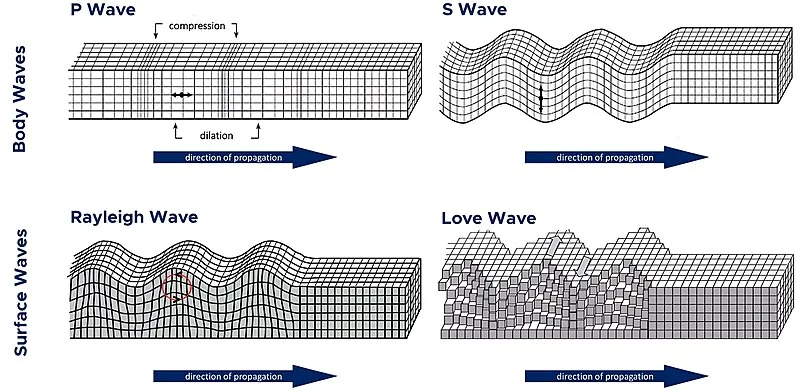July 22nd Current Affairs
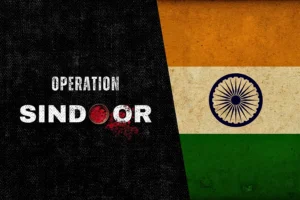
Operation Sindoor
Stay connected via Google News Follow us for the latest travel updates and guides. July 21st Current Affairs Home /
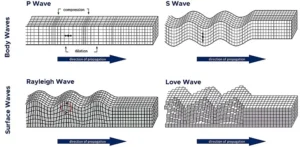
Alaska Earthquakes
Stay connected via Google News Follow us for the latest travel updates and guides. July 21st Current Affairs Home /

August 2, 2027 Solar Eclipse
Stay connected via Google News Follow us for the latest travel updates and guides. July 21st Current Affairs Home /

India’s milestone in clean energy transition
Stay connected via Google News Follow us for the latest travel updates and guides. July 21st Current Affairs Home /

‘Baby Grok’, child-friendly AI app
Stay connected via Google News Follow us for the latest travel updates and guides. July 21st Current Affairs Home /
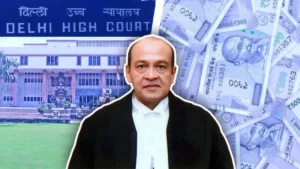
Impeachment proceedings against Justice Yashwant Verma
Stay connected via Google News Follow us for the latest travel updates and guides. July 22nd Current Affairs Home /
Israeli airstrikes on Houthi targets in Yemen’s Hodeidah port
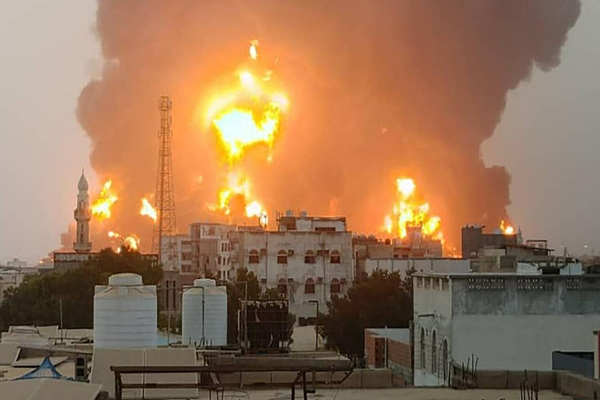
Context
On July 21, 2025, the Israeli military launched strikes on Houthi-controlled Hodeidah port in Yemen, citing its use as a hub for Iranian weapons transfers. The attack comes amid continued missile and drone assaults by the Iran-backed Houthi rebels against Israeli territory and commercial vessels in the Red Sea. The incident reflects a growing regional escalation linked to the Israel–Hamas war in Gaza.
Reasons Behind the Attack
- Retaliation to Houthi Drone and Missile Strikes: The Houthis, aligning with Palestinian causes, have launched attacks against Israeli cities and Red Sea-bound ships.
- Disruption of Iranian Supply Routes: Israel claims the Hodeidah port was used to channel weapons from Iran to Houthis, facilitating attacks on Israel and allies.
- Deterrence Strategy: Israeli Defence Minister emphasized that Yemen’s fate will mirror Tehran’s, indicating a wider deterrent message to Iranian proxies.
- Escalation After Gaza War: Since the war in Gaza (October 2023), the Houthis have stepped up regional operations under the guise of defending Palestinians.
Legal Provisions (International Law)
- UN Charter – Article 51:
Permits self-defence if an armed attack occurs against a member state. - Law of Armed Conflict:
Civilian infrastructure (like ports) must not be targeted unless used for military purposes. The legality of Israel’s strike depends on verifying that Hodeidah port was militarized. - UNSC Resolutions on Yemen (e.g., 2216):
Recognizes Houthis as a rebel group and imposes arms embargo; however, Israel is not a direct party to the Yemen conflict.
Significance of the Event
- Cross-Conflict Escalation: Expands the Israel–Hamas war beyond Gaza, involving Yemen and the Red Sea maritime zone.
- Proxy Warfare Expansion: Highlights increasing Iran–Israel indirect confrontation through proxy actors like the Houthis and Hezbollah.
- Strategic Targeting: Targeting Hodeidah port is critical, as it is a lifeline for Yemen’s imports and aid, which may worsen the humanitarian crisis
Definition of Technical Terms
- Houthis: Iran-backed Shia rebel group controlling large parts of northern Yemen, including the capital Sana’a.
- Hodeidah Port: Yemen’s key Red Sea port, under Houthi control; vital for humanitarian aid and trade.
- Proxy Warfare: Conflict where major powers use third-party groups (proxies) to avoid direct war.
- Red Sea Corridor: A critical shipping lane connecting Asia to Europe; disruptions here impact global trade.
Impacts on Regional Security and India
Regional Security:
- Wider Middle East Tensions:
Threatens further escalation between Iran and Israel, possibly involving Lebanon, Syria, and Iraq. - Naval Security Risks:
Heightened risks to commercial shipping in Red Sea and Bab-el-Mandeb Strait. - Humanitarian Fallout in Yemen:
Disruption of food and medical aid via Hodeidah could deepen the ongoing famine-like conditions.
Impact on India:
- Maritime Trade Risk:
Red Sea is critical for Indian exports/imports. Attacks and instability threaten supply chains. - Diaspora Safety:
India has large diasporas in West Asia; regional war could trigger evacuation or security operations. - Energy Prices:
Rising tensions in the region can lead to global oil price spikes, affecting India’s import bill and inflation.
Way Forward
- UN-Led De-escalation Mechanism:
Activate UN conflict resolution bodies to prevent regional spillover of the Gaza war. - Red Sea Maritime Security Framework:
Revive multinational naval patrol initiatives (e.g., Operation Prosperity Guardian) to ensure shipping lane safety. - Diplomatic Pressure on Iran and Proxies:
Global stakeholders, including India, must press Iran to rein in proxies and prevent humanitarian fallout. - Humanitarian Corridor to Yemen:
Ensure aid to civilians through non-conflicted entry points or UN-monitored safe zones. - India’s Role:
India should leverage its neutral diplomatic standing to act as a balancer and ensure maritime stability.
Prelims MCQ
- Q. With reference to recent Middle East developments, consider the following statements:
- The Houthi movement in Yemen is primarily backed by Iran and controls the Red Sea port of Hodeidah.
- Israel is a signatory to the UN Charter but not directly involved in the Yemeni civil war.
Which of the above is/are correct?
A. 1 only
B. 2 only
C. Both 1 and 2
D. Neither 1 nor 2
Correct Answer: C. Both 1 and 2
Explanation:
- Statement 1: Correct
- The Houthi movement (also known as Ansar Allah) is a Shia rebel group based in Yemen.
- It is backed by Iran both militarily and ideologically.
- The Houthis control major parts of northern Yemen, including the Red Sea port of Hodeidah, which is strategically vital for trade and humanitarian aid.
- Statement 2: Correct
- Israel is a signatory to the UN Charter, having joined the United Nations in 1949.
- Although Israel has carried out military strikes against the Houthis in retaliation for Red Sea and missile attacks, it is not a direct party to the Yemeni civil war, which primarily involves the Houthis, the internationally recognized Yemeni government, and other regional actors like Saudi Arabia.
Mains Question
Q. “The increasing use of proxy actors in the Middle East conflicts poses challenges to regional stability and global trade.” In light of the recent Israeli strikes on Houthi positions in Yemen, critically analyse the implications of proxy warfare on India’s maritime and diplomatic interests. (250 words)




